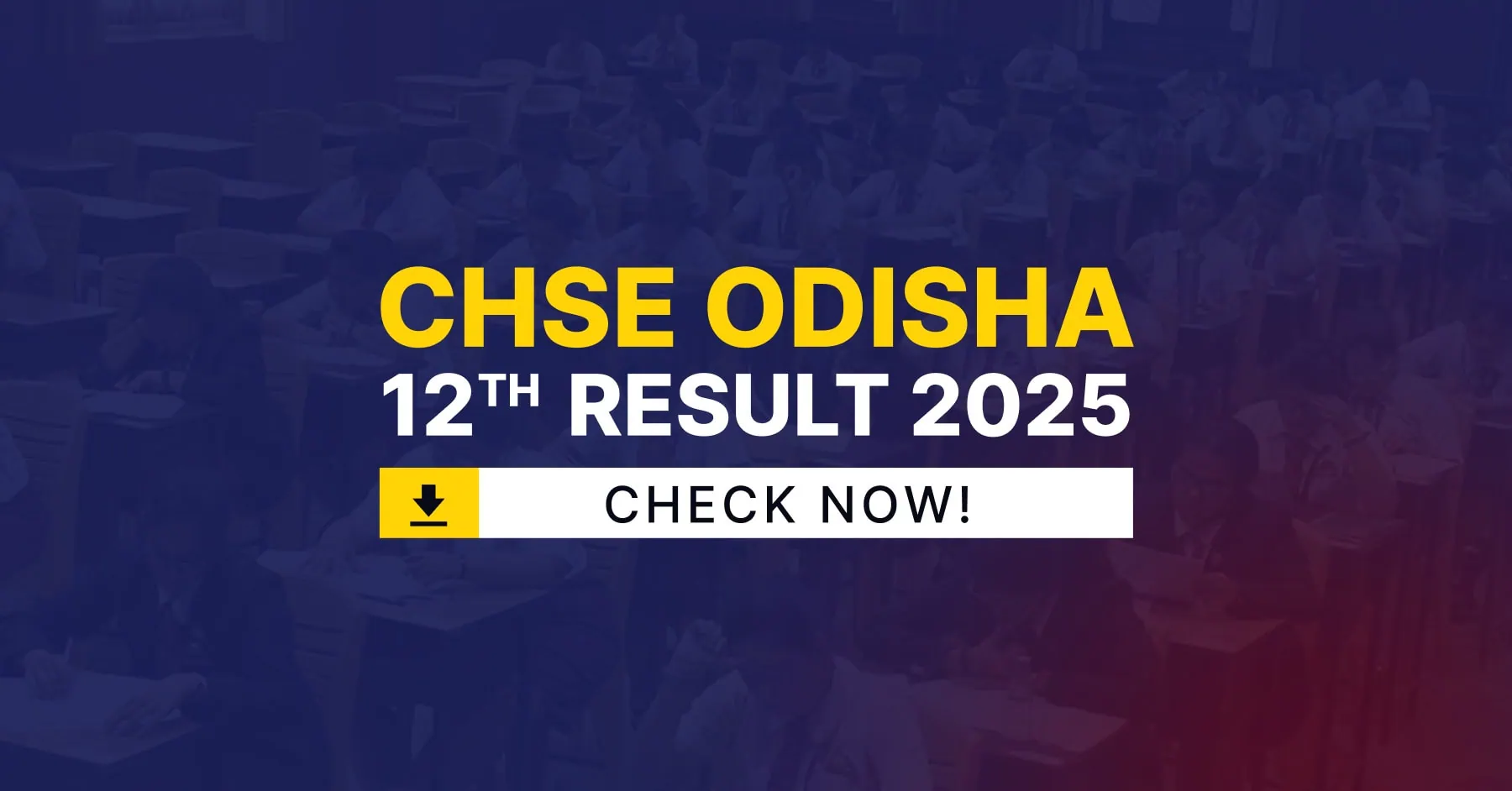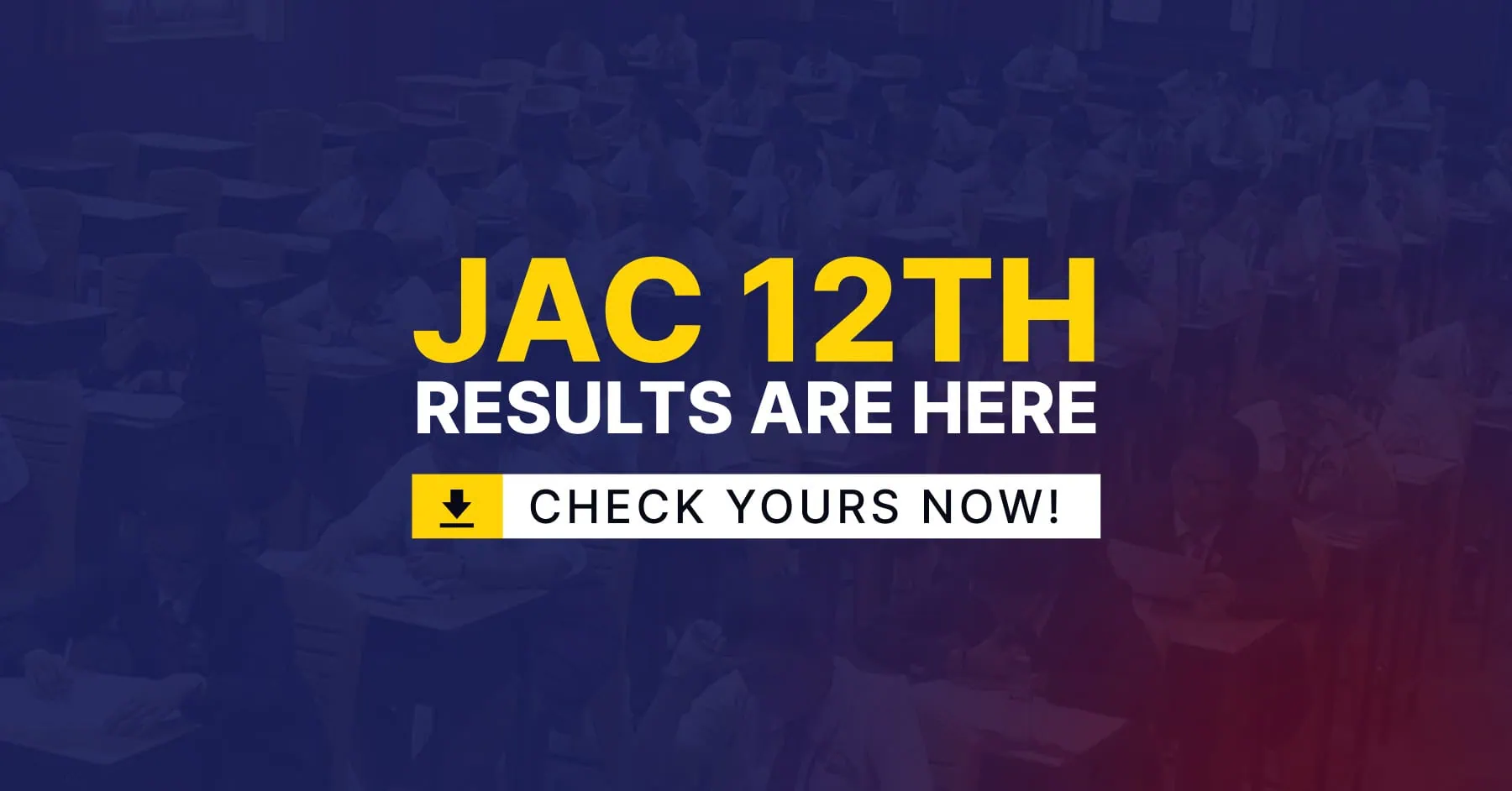Impact Of Coronavirus On Students : Whether you perceive it as “technological advancement” or simply prefer to quote it as an “uncalled impact”, the rise of the covid-19 pandemic has turned every alternate digital tool or, web-enabled gadget, and online platforms into a daily requirement to the majority. Until the early decades of the 2000s, technology and software including internet accessibility was new and thus remained out of reach for a large section of people in our country.
However, it has become otherwise in the past few years. The rise of the internet has impacted on our lives on a broader scale. Fast forward to the present, the impending outbreak of coronavirus has drastically influenced our regular lives. More so, the influence is even disastrous on education throughout the world.Now with the imposed lockdown and the rapid upsurge of the covid-19 contamination, the traditional strategies in almost every field have drastically altered to a digital one. Be it on communication, education, or a business. The severity of the covid-19 impact on studies is apparent as the manual mode of learning has come to a standstill and digital learning has surged tremendously in the last few months.
The widespread of the pandemic has not just compelled the closure of the educational institutions but has pushed them to an entirely different world, a virtual one. While speaking of our country, this abrupt impending transition isn’t new.
Impact of COVID-19 in education in India and beyond
In India, all the educational institutions were urged to shut down before 24th March 2020. While the epicenter of the coronavirus outbreak being Wuhan City in China, the ruling political authorities in India initially overlooked the crisis to set up the infrastructure to provide online classes during the lockdown. Albeit the inexpensive internet in our country, the accessibility is either scarce or, practically inaccessible in remote hilly areas and countryside. The charges for installing broadband is relatively expensive in the far-flung hilly regions and the remote corners of the country.
Therefore, mainly the private institutions could handily switch to this digital transition in the beginning in our country. Many rural students in India lack internet access and convenient devices to gain access to remote learning.Although the government proposed the scheme “PM eVidya Programme” the students studying in government schools had to struggle a lot while adapting to this transition. Under the PM eVidya Programme, 12 new DTH channels were launched for each class and the lesson was proposed to be broadcasted live via designated radio stations for the underprivileged.
Learning in times of pandemic; Concern related to the education strategy of Now!
The massive impact of the covid-19 pandemic across the world regardless of economic strata, religion, or, communities is confirmation of the unpredictable transition that we should prepare to embrace. As per the reports broadcasted by the UN, more than 770 million students across the world are affected by the lockdown and imposed closure of schools and universities.
It’s obvious that digital learning has become the sole method to support learning even though it might not meet the criterion of the physical classrooms and face-to-face interaction. Besides, with the rise of the pandemic, nearly 63% of prestigious educational institutions across the world have predicted to render full-time online degrees by 2030.
Also Read: This is how Inspiria is keeping the desire to learn alive via online classes
In the relevant context, the uprising concern of NOW is the need to enhance the learning techniques, redesign the curriculum, and emphasize practical learning which is inclined to modern scientific research and technological advances.
It’s also of the critical necessity to help the students deal with the pressure and maintain their physical and mental well being throughout the pandemic.
Despite entering the age of the information and technology, we, in several contexts are still far behind in terms of realistic learning. It’s crucial to reinforce the same into the curriculum so as to survive the world after this pandemic and beyond. Apparently, the world is still oblivious of what would come after the end of covid-19.










